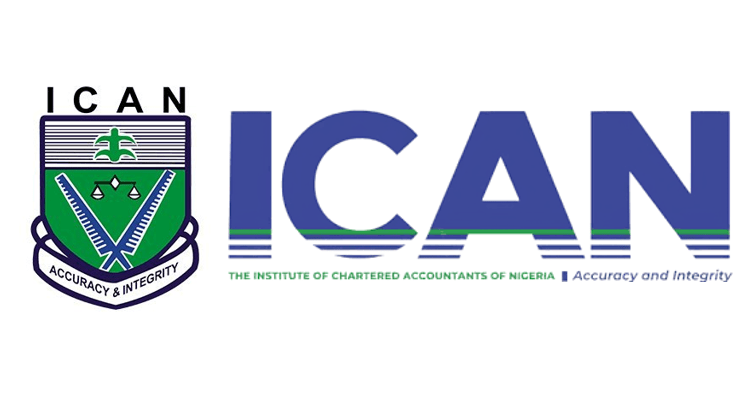The Administrator of Rivers State, Vice Admiral Ibok-Ete Ibas (rtd) has said Nigeria’s sustainability challenges can be overcome by aligning applicable principles of accounting ethics and environmental stewardship.
The administrator indicated that by investing in green skills, civic engagement and being accountable, not only in financial deficits but ecological practices, Nigeria can build a nation that thrives within the global entity.
Ibas stated this in a keynote address during the opening ceremony of the Institute of Chartered Accountants of Nigeria (ICAN) 8th Southern Zonal Conference in Port Harcourt on Thursday
Speaking on the theme, ‘Eco-Disruption and Sustainability Challenges: The Way Forward,’ the administrator, represented by the Secretary to the State Government, Prof. Ibibia Worika, stressed that the topic was timely, especially against the background of recent changes in world environment.
He observed that the world is changing as typified by the effects of climate change, while unsustainable consumption patterns are no longer abstract concerns.
The administrator said climate change is disrupting ecosystems, economies, and everyday life from the rising flood waters of the Niger Delta to the advancing desert sands in the north.
He declared that the role of accountants in the climate change conversation is critical because sustainable development is not only about planting trees, but about restructuring systems.
“It’s about applying logic, measurement, discipline, and ethics to our collective footprint. These are things accountants excel at.
“In the Niger Delta, where we are gathered today, the evidence is stark, coastal erosion and sea-level rise are threatening entire communities.
“Biodiversity is in decline, with mangrove forests and aquatic life under siege from oil pollution and invasive species,” Ibas said.
Furthermore, he added that rainfall patterns are shifting, compromising agriculture, food systems and freshwater supplies.
Also, he said oil spills, bush burning, and deforestation continue to erode environmental health and human livelihoods.
“These disruptions not only threaten our environment, they destabilize our economy, our security and our very identity as a people,” the administrator reaffirmed.
Vice Admiral Ibas, further stressed that strategies to develop effective policy towards environmental stewardship must change to ensure institutional reforms in cognisance of socio-economic, environment and human sustainability.
Read Also:
- Tinubu appoints Ogunjimi as new accountant general of federation
- ICAN disowns suspended Accountant-General
- CITN flays planned deregulation of tax practice in Nigeria
Earlier, the President of ICAN, Mallam Haruna Yahaya, while appreciating the government of Rivers State for its hospitality, noted that, Nigeria’s renewable energy sector alone has the capacity to reduce unemployment challenges.
“The renewable energy sector alone has the potential to create over 300,000 jobs and contribute $7.4 billion annually to our GDP by 2030 if properly harnessed.
“Moreover, aligning our policies with the United Nations Sustainable Development Goals, particularly Goals 7, 12, and 13, could unlock more than $1 trillion in market opportunities for Africa by 2030.
“Eco-disruption, therefore, is not merely a challenge; it is also an invitation to innovation and leadership.
“As chartered accountants, we occupy a unique position at the intersection of finance, governance, and sustainability.
“We are called to champion the sustainability agenda through improved environmental accounting, sustainability reporting, and innovative green financing mechanisms.
“We can lead the way by promoting ESG disclosures and adopting the International Sustainability Standards Board frameworks, ensuring that our businesses and institutions not only comply with global requirements but also contribute meaningfully to sustainable development,” he said.
Yahaya stated that integrating climate resilience into budgeting and incentivising eco-friendly investments will allow Nigeria to build a low-carbon economy while attracting green financing and stimulating growth in climate-smart sectors.






